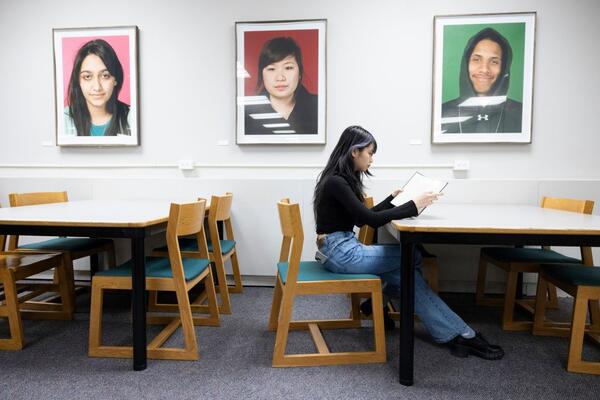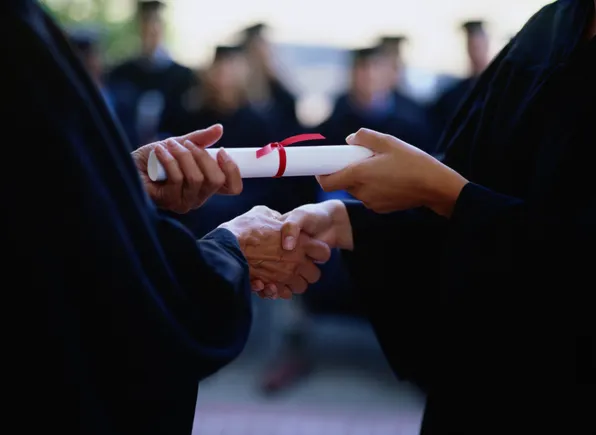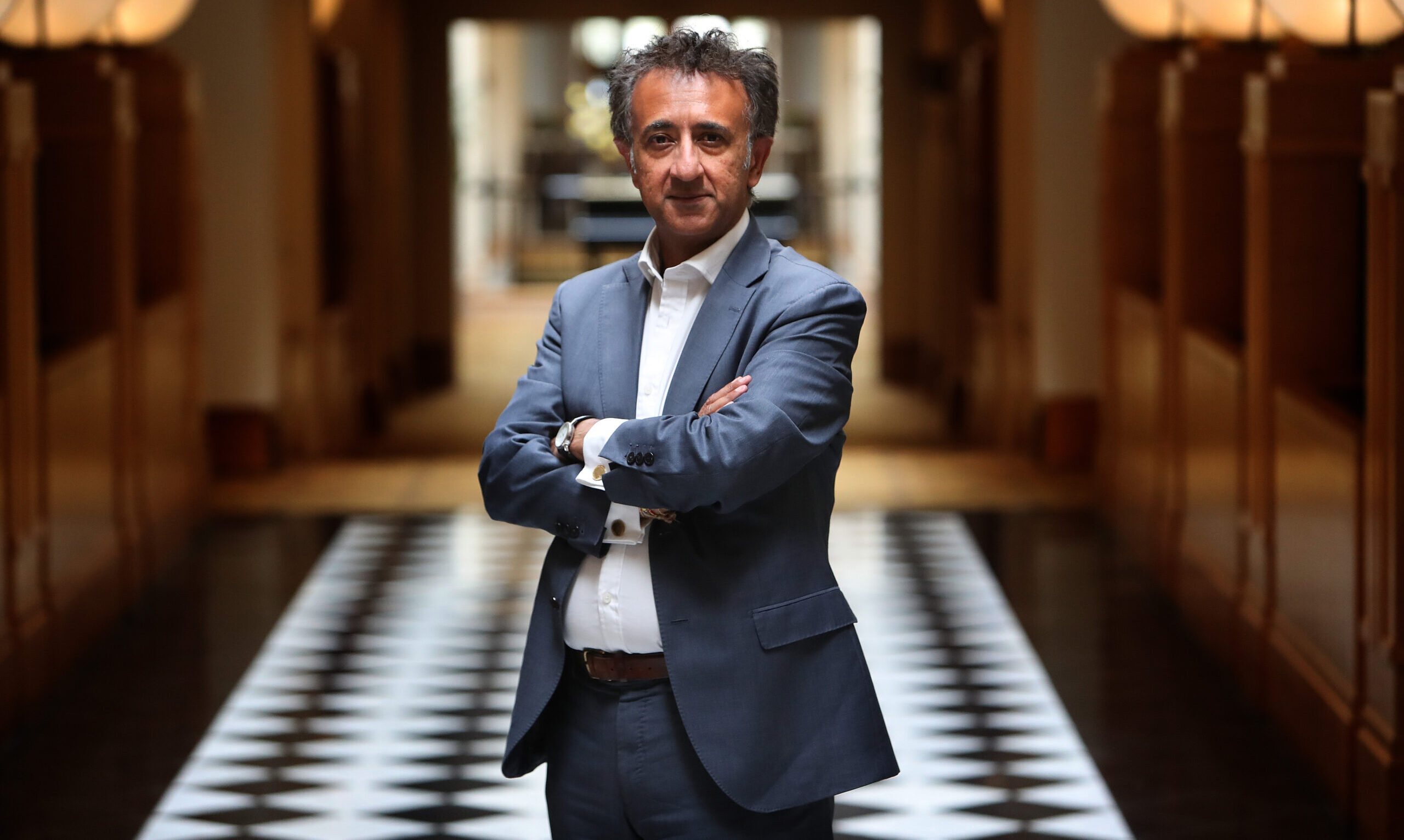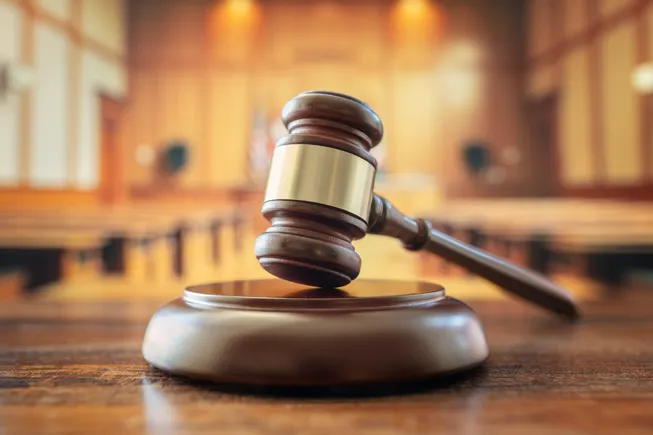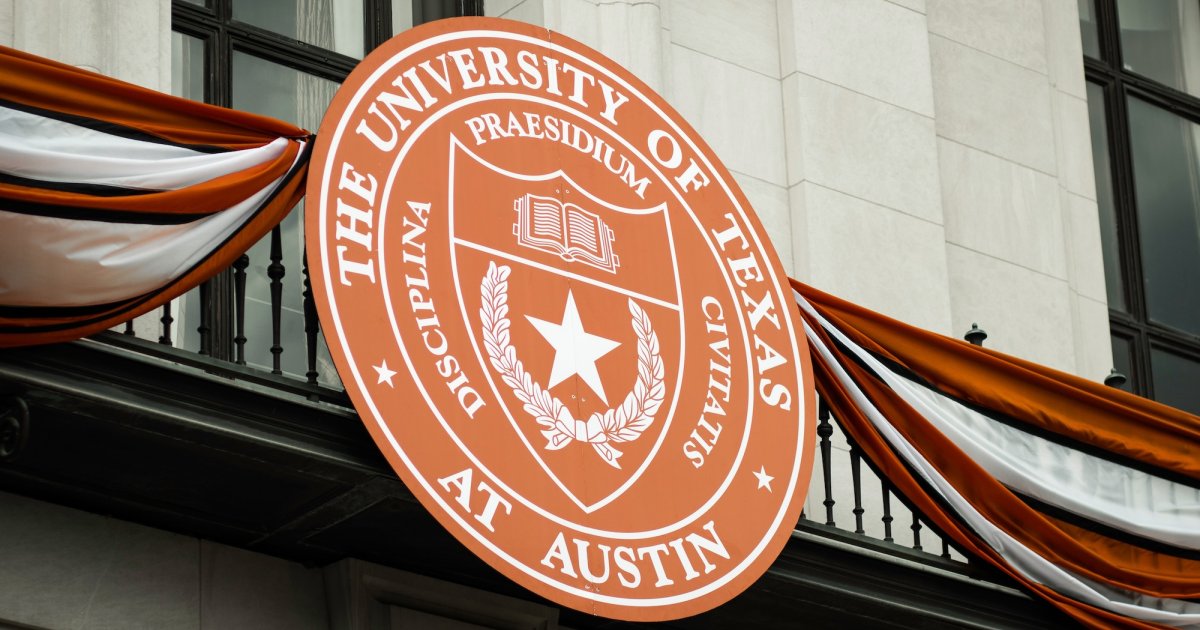AUSTIN, Texas, Apr. 22, 2025 — A pair of civil liberties organizations are joining forces today to demand the University of Texas System Board of Regents rescind its ban on campus drag shows — a clear First Amendment violation.
In a joint letter, the American Civil Liberties Union of Texas and Foundation for Individual Rights and Expression called on the UT System to drop its drag ban that is currently chilling and infringing upon the speech of more than 200,000 students across its nine campuses.
“Banning performances because government officials disapprove of their message is a textbook example of unconstitutional government censorship,” said FIRE Attorney Adam Steinbaugh. “The First Amendment protects the right of students at public universities to express themselves through art and performance, and that includes drag.”
In March, University of Texas System Board of Regents Chair Kevin Eltife, citing unspecified “executive orders,” publicly declared that “our public university facilities, supported by taxpayers, will not serve as venues for drag shows.” Eltife’s statement followed a letter from Tarrant County Judge Tim O’Hare, which complained that drag shows “denigrate women” and suggested they violated an executive order from President Donald Trump that said “federal funds shall not be used to promote gender ideology.”
But as a public university system, the UT System is required to abide by the First Amendment, which protects expression even if it offends state officials, campus administrators, or fellow students. And the justifications O’Hare cited are the same arguments from the Texas A&M University System that a federal judge in Texas roundly rejected when holding that system’s drag ban unconstitutional. On March 24 — just days after UT announced its drag ban — Judge Lee H. Rosenthal of the U.S. District Court for the Southern District of Texas struck down Texas A&M’s drag ban, ruling that drag “is speech and expressive conduct protected by the First Amendment.”
The UT drag ban violates the First Amendment in a number of ways. First, it creates a prior restraint on speech, silencing artistic performances before they can even be held. This is a form of censorship that the Supreme Court has held to be “the most serious and the least tolerable infringement on First Amendment rights.”
Second, by seemingly being issued to comply with Trump’s executive order targeting “gender ideology,” the ban is viewpoint discrimination; government institutions can’t gag speech based solely on whether they approve of the ideology being expressed. Lastly, UT’s drag ban is unconstitutionally vague. Because “drag” and “gender ideology” are undefined by the Board of Regents, students have no way of knowing whether their speech will fall afoul of regulations.
West Texas A&M President cancels student charity drag show for second time
News
West Texas A&M President Wendler enforced his unconstitutional prior restraint by canceling a student-organized charity drag show for the second time.
Read More
“The University of Texas System must immediately rescind its unconstitutional anti-drag policy, which is an affront to its students’ First Amendment rights and its stated commitment to free speech and academic freedom,” said ACLU of Texas staff attorney Chloe Kempf. “The UT System’s vague and discriminatory ban on drag performances will make its campuses less free, less fair, and less welcoming for every student — especially LGBTQIA+ students. Texans expect state institutions to vigorously protect our fundamental rights and freedoms, no exceptions.”
UT’s drag ban doesn’t just contradict the Constitution and recent court rulings in Texas — it also contradicts its own expressed values. Just last year, the UT System Board announced a “Commitment to Freedom of Speech and Expression,” which held that “it is not the proper role of the UT System or the UT institutions to attempt to shield individuals from ideas and opinions they find unwelcome, disagreeable, or even deeply offensive.”
“The UT Board of Regents laid down its marker last year that it would uphold the First Amendment and protect speech that may offend others,” said FIRE Supervising Senior Attorney JT Morris. “Now’s the time to put their money where their mouth is and stand up for the constitutional rights of all its students, instead of bowing to political pressure.”
The Foundation for Individual Rights and Expression (FIRE) is a nonpartisan, nonprofit organization dedicated to defending and sustaining the individual rights of all Americans to free speech and free thought—the most essential qualities of liberty. FIRE recognizes that colleges and universities play a vital role in preserving free thought within a free society. To this end, we place a special emphasis on defending the individual rights of students and faculty members on our nation’s campuses, including freedom of speech, freedom of association, due process, legal equality, religious liberty, and sanctity of conscience.
The ACLU of Texas is a nonpartisan nonprofit organization that works with communities, at the State Capitol, and in the courts to protect and advance civil rights and civil liberties for every Texan, no exceptions.
CONTACT:
Alex Griswold, Communications Campaign Manager, FIRE: 215-717-3473; [email protected]
Kristi Gross, Press Strategist, ACLU of Texas, [email protected]



